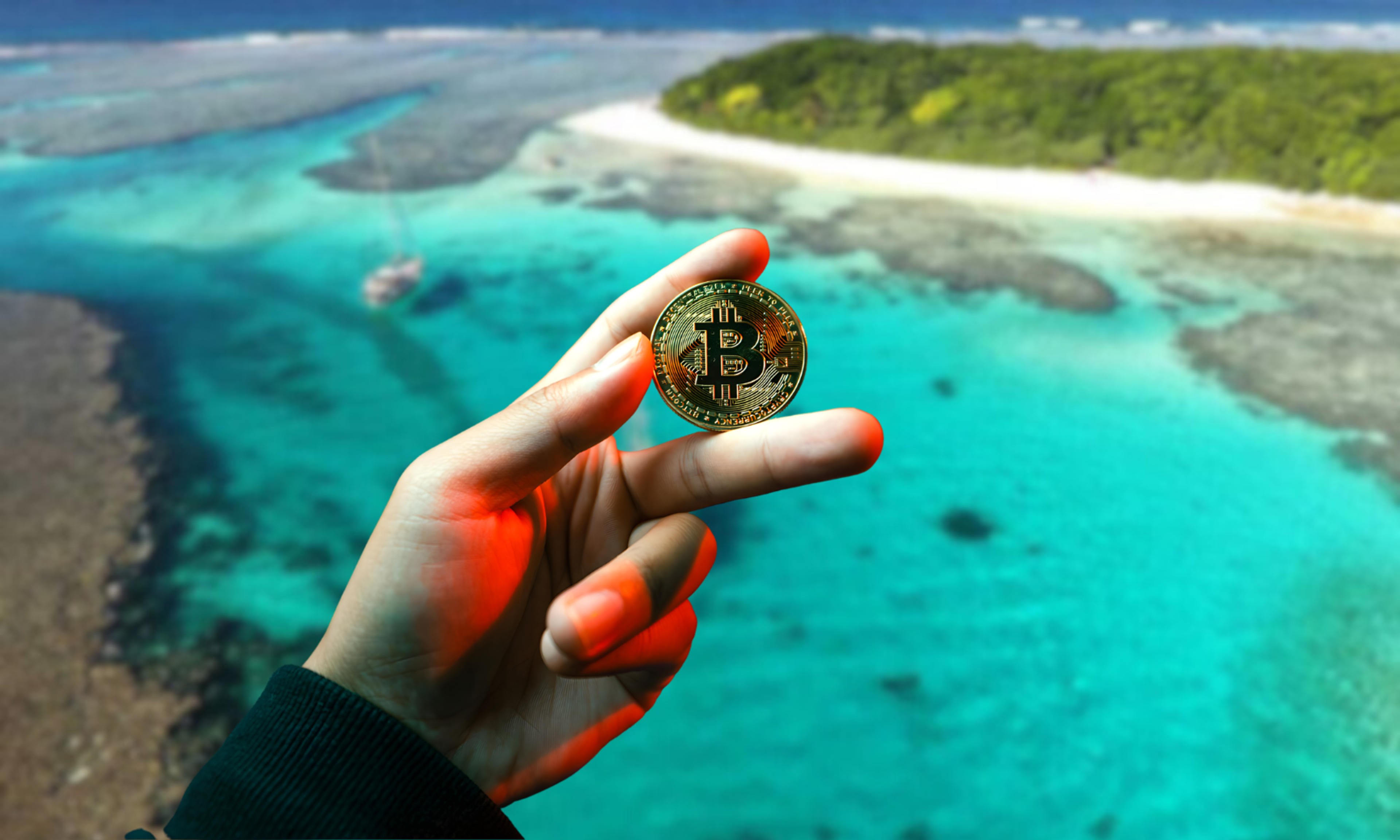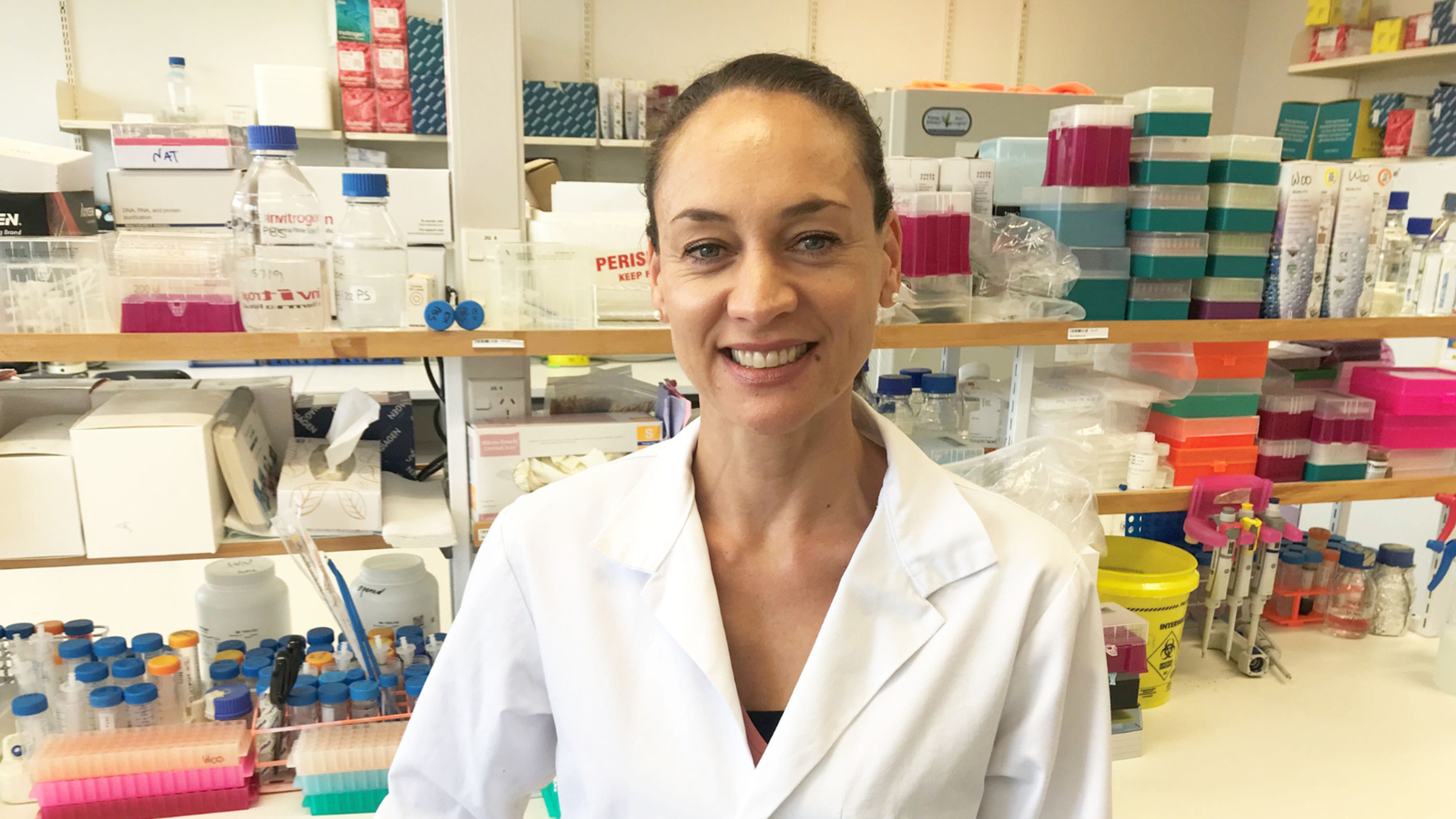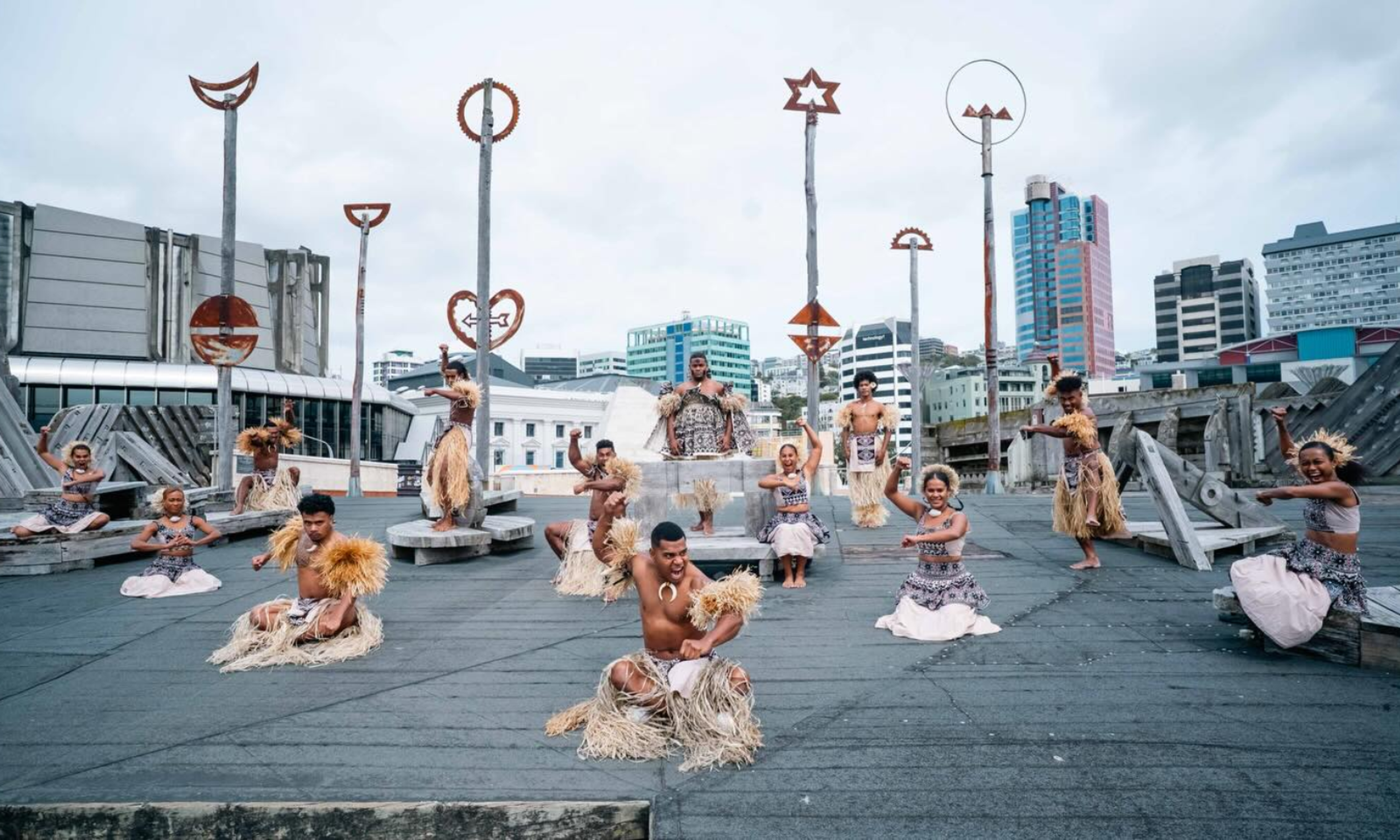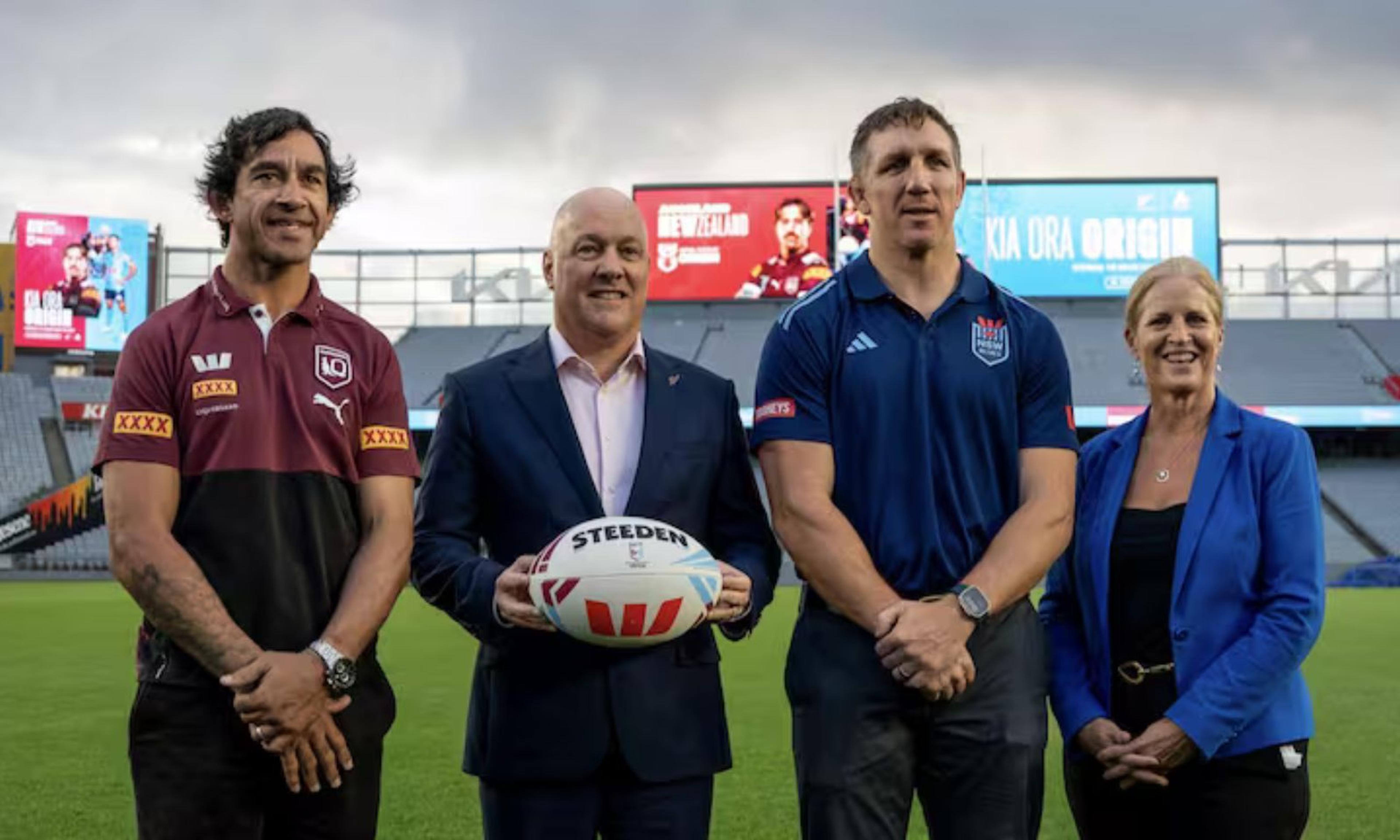

Dr Kalo Lālahi (centre-left) with World Health Organization representatives.
Photo/Pasifika Medical Association.
Pacific-led emergency team gains WHO status
From Sāmoa to Vanuatu, PACMAT is a team capable of delivering urgent care across the region.

Pacific digital-finance push continues despite global crypto volatility



The Pasifika Medical Association’s (PMA) emergency team has received international recognition from the World Health Organization (WHO) as a verified Type 1 Mobile Emergency Medical Team.
The certification, confirmed last week, means the Pasifika Medical Association Medical Assistance Team (PACTMAT) meets global standards for providing urgent medical care in disaster settings. It also officially adds the team to WHO’s emergency medical roster, enabling quick deployment across borders when Pacific nations or Aotearoa New Zealand require immediate assistance.
Type 1 Mobile teams are trained to deliver mobile emergency outpatient care and must meet stringent criteria set by the WHO. This includes operating independently with their own infrastructure, supplies, and staff for at least two weeks.
Dr Kalo Lālahi, Clinical Director of PACMAT, spoke with John Pulu on PMN Tonga about this milestone achievement, highlighting the years of dedicated service and development.
“It's a really cool achievement on behalf of PMA. It's something that is built on the work that's happened for pretty much two decades now. With the WHO verification, it just means that internationally we achieve a recognised standard,” Lālahi says.
“Any country that calls on us knows exactly what they're getting in terms of the service we provide, the standard of care, and it allows us to have that standing within the international community.”
PACMAT focuses on primary care and mental health, and can be deployed with a core team of general practitioners and nurses. They can also modify their team to include midwives, dentists, physiotherapists, or mental health professionals based on the specific needs of the country.
“Health teams alleviate the stress on the local health providers by seeing the primary care needs of the places that they send us to. And the mental health team has provided the opportunity for the local communities to develop their own resilience,” Lālahi says.
“And because we work integrated with and alongside the local health providers, they are also developing and providing opportunities for us to learn, but also for them to receive training from some of our professionals, which continues to enhance the work that they're doing there.”
Watch Dr Kalo Lālahi’s full interview below.
Since their first mission during the 2006 Sāmoa tsunami, PACMAT have been deployed 15 times, supporting emergencies such as the Hawke’s Bay floods, New Zealand bus crashes, and multiple cyclones and earthquakes in Vanuatu.
The WHO verification is a result of groundwork laid during PACMAT’s 2024 simulation workshop in Auckland, in which team members were trained on the rigorous standards needed to qualify for Type 1 Mobile status.
PACMAT also supported Sāmoa during the 2019 measles outbreak, and the Hunga Tonga-Hunga Ha’apai volcanic eruption. Lālahi says the scope of their deployments is guided by the needs of the local country or community.
“We don't go saying, ‘you need this’. They tell us what they need from us, and then we provide that back. In that space, across Cyclone Judy and then the earthquake last year, we've had that opportunity to build on the strategies and goals with our Pacific people to develop relationships, serve our communities, and find opportunities to build strength.”